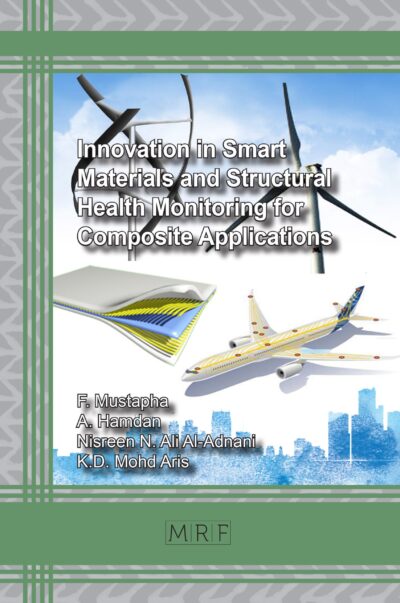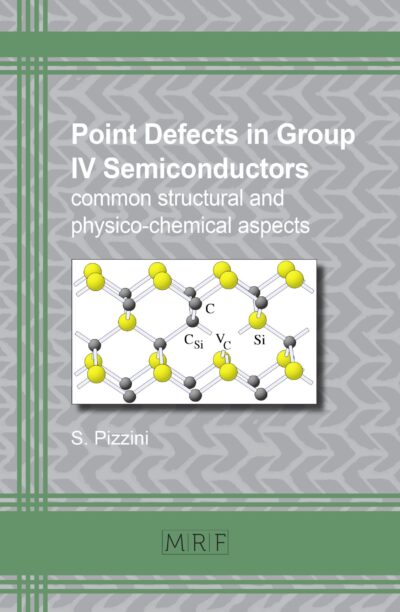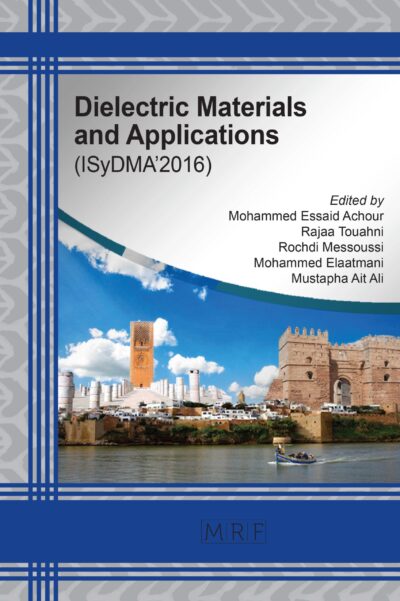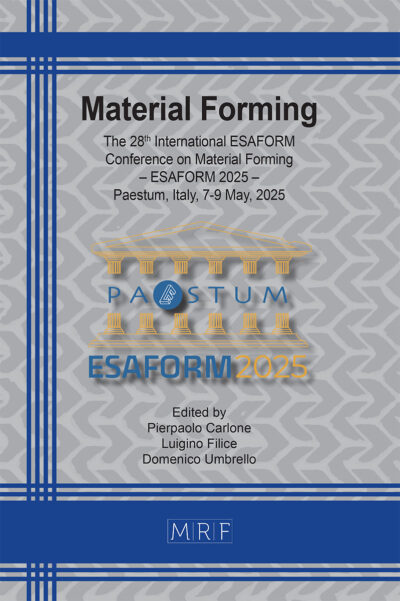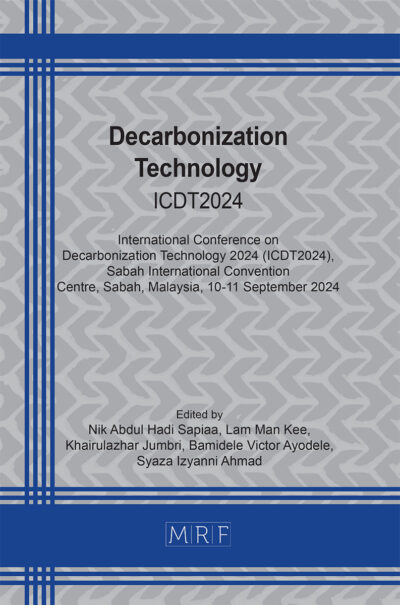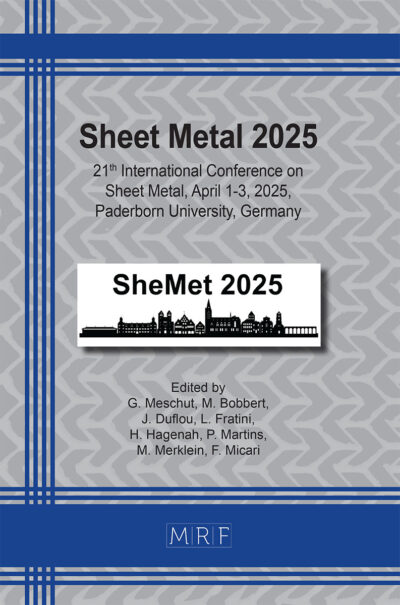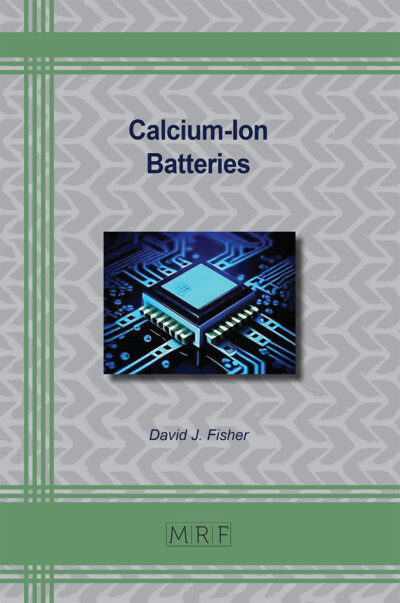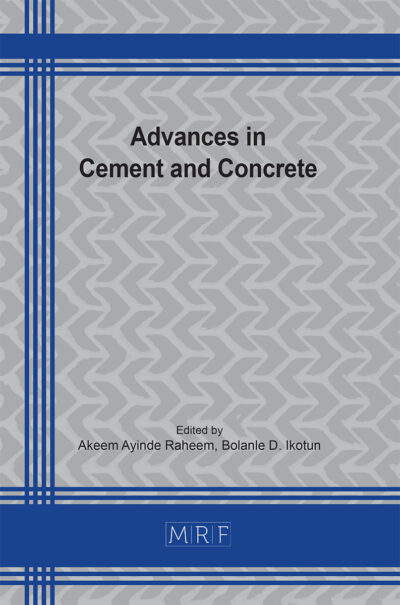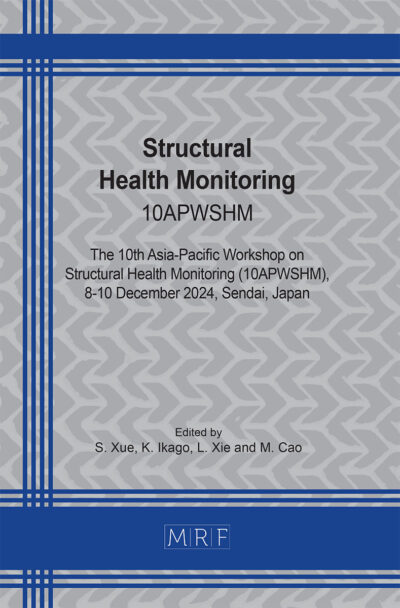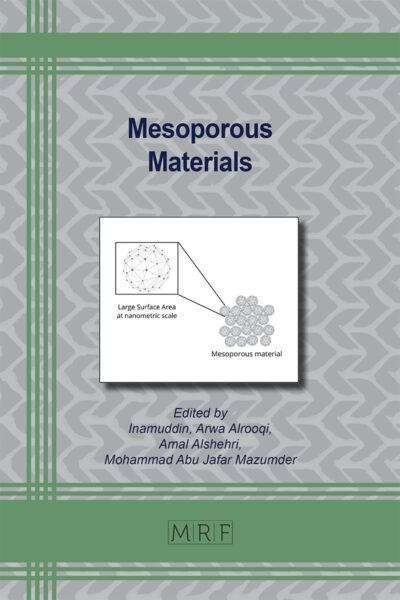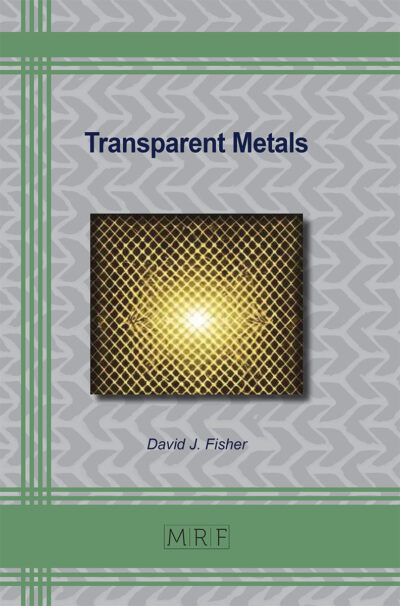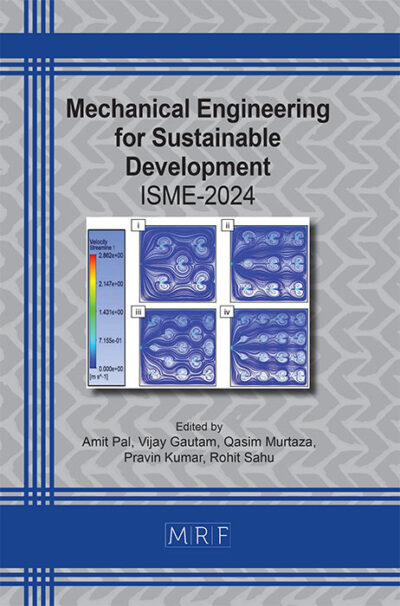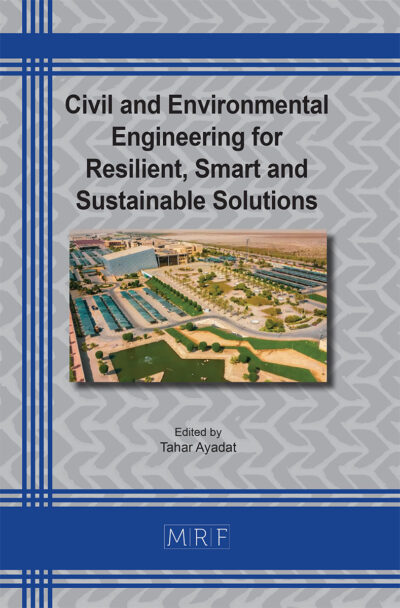Nanohybrids
Future Materials for Biomedical Applications
Eds. Gaurav Sharma and Alberto García-Peñas
Materials Research Foundations Vol. 87
Publication Date 2021, 278 Pages
Color Print ISBN 978-1-64490-106-9 (release date January 2021)
ePDF 978-1-64490-107-6
DOI: 10.21741/9781644901076
The book covers preparation, designing and utilization of nanohybrid materials for biomedical applications. These materials can improve the effectiveness of drugs, promote high cell growth in new scaffolds, and lead to biodegradable surgical sutures. The use of hybrid magneto-plasmonic nanoparticles may lead to non-invasive therapies. The most promising materials are based on silica nanostructures, polymers, bioresorbable metals, liposomes, biopolymeric electrospun nanofibers, graphene, and gelatin. Much research focuses on the development of biomaterials for cell regeneration and wound healing applications.
Keywords
Biomedical Materials, Cell Growth, Cell Regeneration, Wound Healing, Surgical Sutures, Non-invasive Therapies , Drug Transport, Tissue Engineering, Cardiovascular Implants, Fracture Repair Implants, Biodegradable Materials, Hybrid Magneto-plasmonic Nanoparticles, Silica Nanostructures, Polymers, Bioresorbable Metals, Liposomes, Biopolymeric Electrospun Nanofibers, Graphene, Gelatin-based Hydrogels
Google Preview
Table of Contents
Hybrid Magneto-Plasmonic Nanoparticles in Biomedicine: Fundamentals, Synthesis and Applications
J.G. Ovejero, P. Herrasti
Biomaterials for Cell Regeneration
A. Saravanan, P. Senthil Kumar, R.V. Hemavathy, S. Jeevanantham
Biosensors Based on Graphene
Shalini Muniandy, Chin Wei Lai, Thiruchelvi Pulingam, Bey Fen Leo
Hybrid Materials based on Silica Nanostructures for Biomedical Scaffolds (Bone Regeneration) and Drug Delivery
Mojdeh Rahnama Ghahfarokhi, Jhaleh Amirian
Nanohybrids for Wound Healing Application
A. Saravanan, P. Senthil Kumar, R. Jayasree, S. Jeevanantham
Bioresorbable Metals for Cardiovascular and Fracture Repair Implants
S.C. Cifuentes, V. San-Miguel, Y. Wang, A. García-Peñas
Application of Biopolymeric Electrospun Nanofibers in Biological Science
Mehdihasan I. Shekh, Jhaleh Amirian, Gisya Abdi, Dijit M. Patel, Bing Du
Development of Hybrid Materials Based on Polymers for Biomedical Applications: A Short Introduction
A. García-Peñas, S.C. Cifuentes, Y. Wang, V. San-Miguel
Role of Liposomes Composite as Drug Transport Mechanism
P. Senthil Kumar, P.R. Yaashikaa
Gelatin Based Hydrogels for Tissue Engineering and Drug Delivery Applications
Jhaleh Amirian, Gisya Abdi, Mehdihasan I. Shekh, Ehsan Amel Zendehdel, Bing Du, Florian J. Stadler


